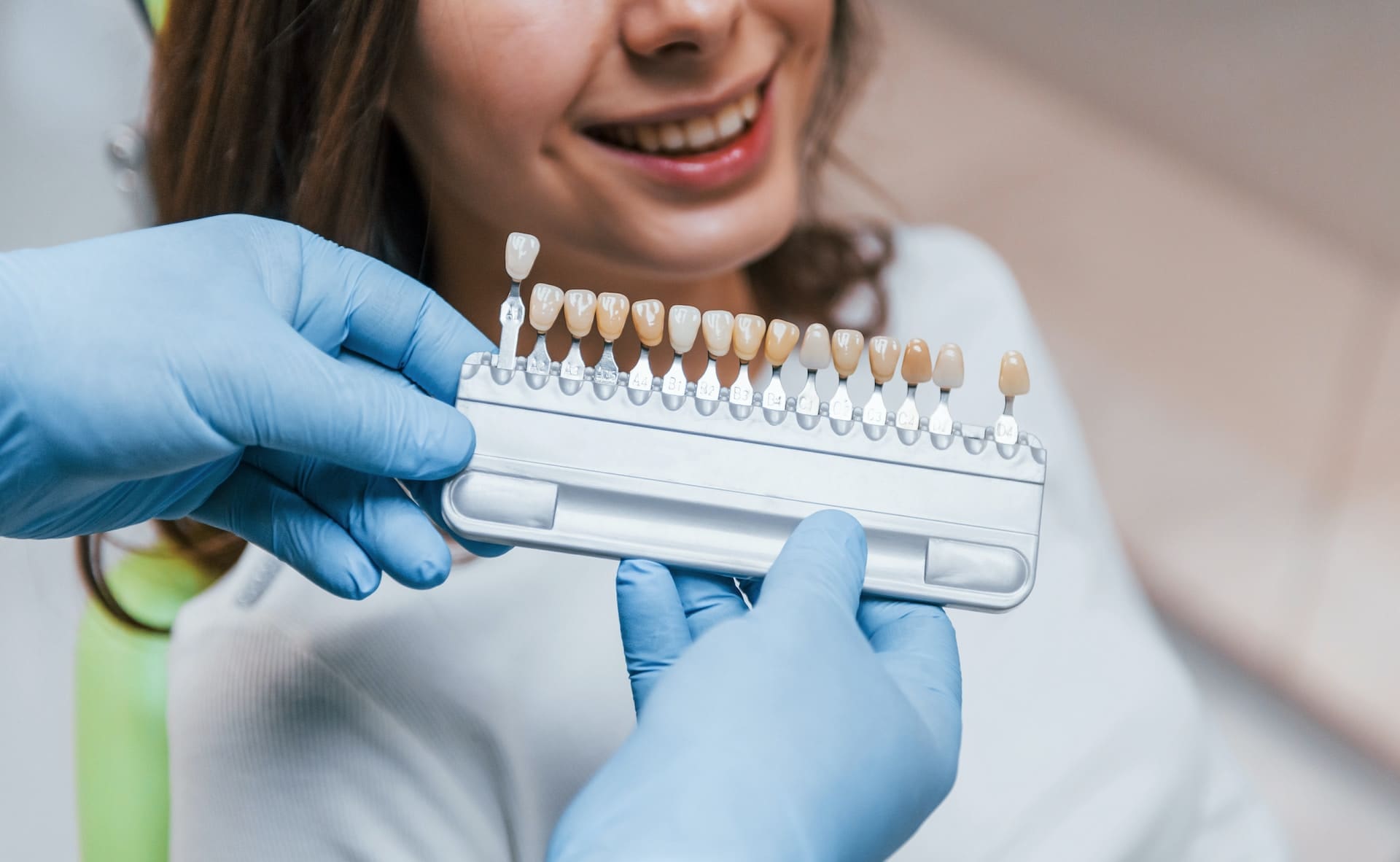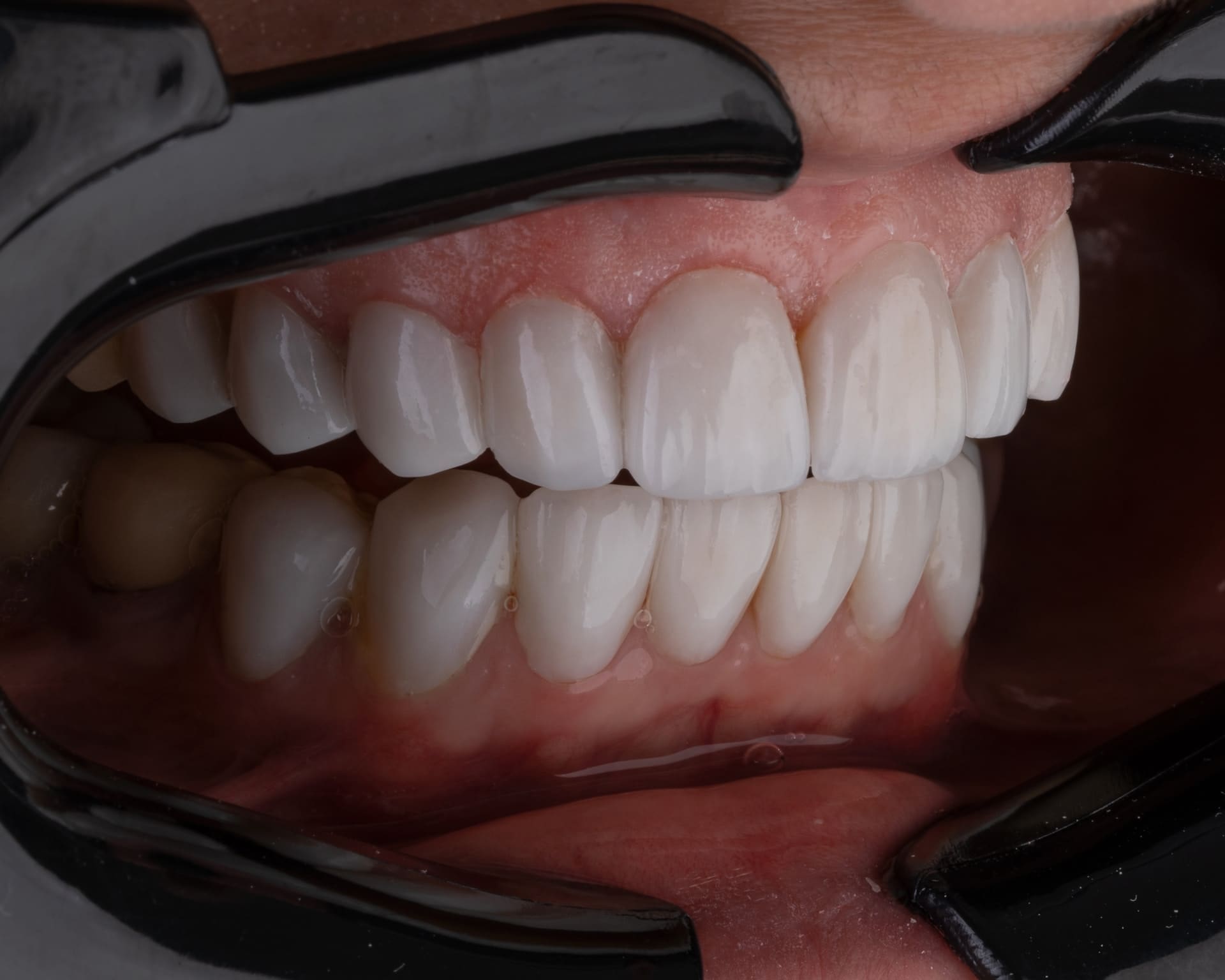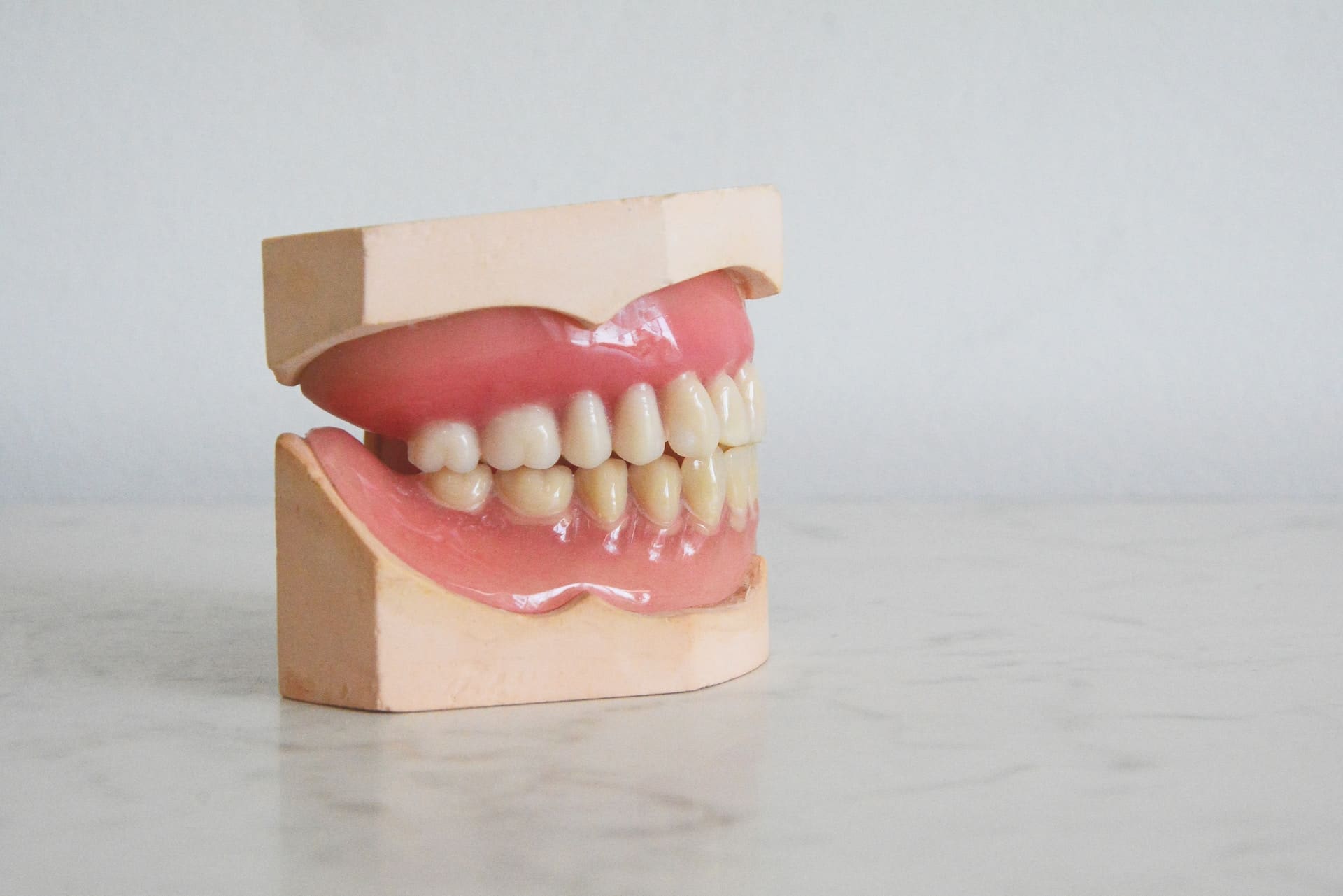The Importance of Professional Teeth Cleanings
Professional teeth cleanings provide several benefits, including:- Plaque and Tartar Removal: Regular dental cleanings effectively remove plaque and tartar buildup, reducing the risk of tooth decay and gum disease. At-home oral hygiene practices alone may not be sufficient to remove stubborn deposits and hard-to-reach areas.
- Early Detection of Dental Issues: Regular dental cleanings allow your dental professional to evaluate your oral health and detect potential problems early, such as cavities, gum disease, or even oral cancer. Early detection and intervention can prevent more extensive dental treatments and improve overall oral health outcomes.
- Halitosis Prevention: Professional dental cleanings can help remove bacteria that contribute to bad breath, ensuring that your breath remains fresh between appointments.
- A Brighter Smile: Dental cleanings remove surface stains and polish your teeth, resulting in a more radiant, confident smile.
What to Expect During a Professional Teeth Cleaning
A typical professional teeth cleaning appointment will include several steps:- Oral Examination: Before your dental cleaning, your dentist or dental hygienist will visually assess your mouth for any signs of oral health issues, such as cavities, gum inflammation, or other potential concerns.
- Scaling: During the scaling process, your dental professional will use specialized tools to remove plaque and tartar from the surfaces of your teeth and beneath the gumline gently.
- Polishing: Once scaling is complete, your dental professional will polish your teeth using a mildly abrasive paste, effectively removing surface stains and leaving your teeth feeling smooth and clean.
- Fluoride Treatment: In some cases, your dentist may recommend a fluoride treatment following your dental cleaning, strengthening the enamel of your teeth to help prevent future decay.
Building a Strong Oral Care Routine at Home
Complementing your regular professional teeth cleanings with a diligent at-home oral care routine is essential to ensure optimal oral health:- Brushing: Brush your teeth twice daily using a fluoride toothpaste, ensuring that you reach all surfaces of your teeth and gums. Replace your toothbrush every three months or when the bristles become frayed.
- Flossing: Floss at least once a day to remove plaque and debris from in between your teeth, where your toothbrush may not reach.
- Mouthwash: Use an antibacterial mouthwash to kill harmful bacteria, freshen your breath, and clean the areas of your mouth that your toothbrush and floss may have missed.
- Healthy Diet: A well-balanced diet can significantly influence oral health. Limit sugar and acidic food intake and consume plenty of fruits, vegetables, lean proteins, and whole grains.
Signs It’s Time for a Dental Cleaning
Maintaining a schedule of regular dental cleanings is crucial for optimal oral health; however, there may be instances when you may require an appointment sooner than scheduled. If you experience any of the following signs, it’s crucial to schedule a dental cleaning as soon as possible:- Bleeding Gums: Swollen, red, or bleeding gums can be an early indication of gum disease, which, if left untreated, can lead to tooth loss and other serious health problems.
- Persistent Bad Breath: Constant bad breath or a foul taste in your mouth could be due to a buildup of plaque and bacteria, necessitating professional attention.
- Pain or Sensitivity: Tooth pain or sensitivity to hot, cold, or sweet stimuli may be an indicator of underlying dental issues such as cavities or enamel erosion, both of which warrant intervention by a dental professional.











